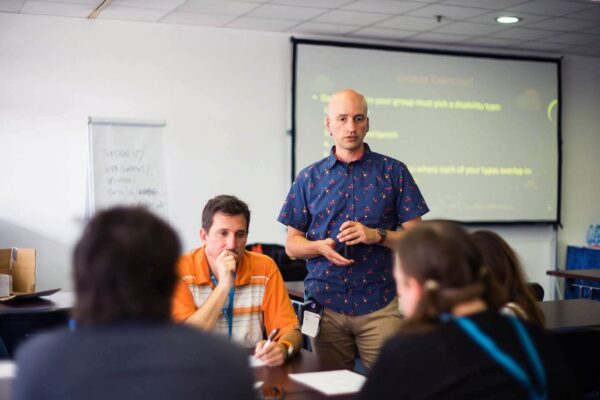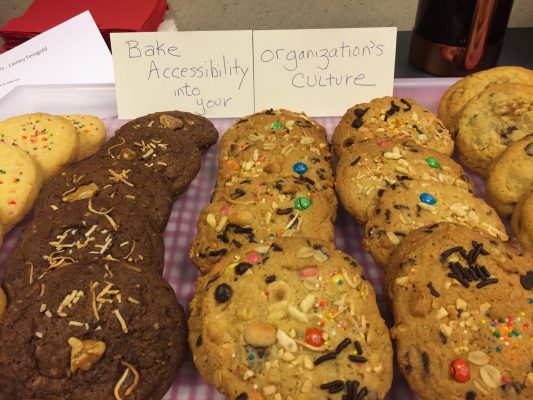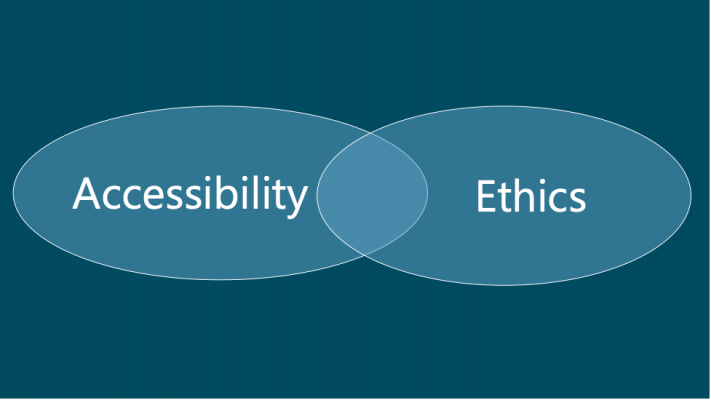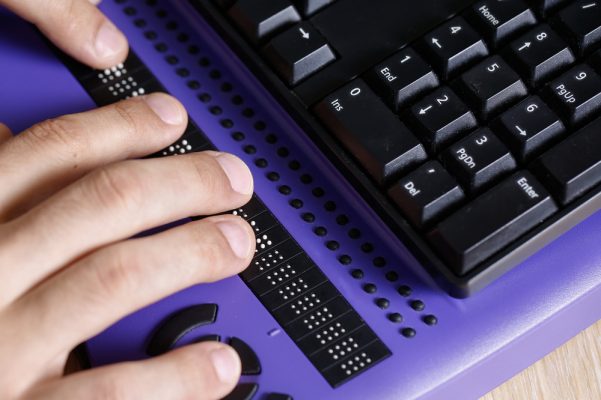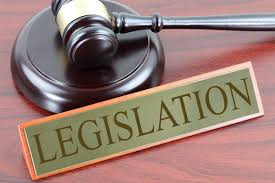Last updated January 27, 2021 to add the new White House website statement. An important component of any Structured Negotiations settlement agreement involving web accessibility has been a company’s commitment to maintain an Accessibility Statement (previously called an Accessibility Information Page, or AIP. The ideal page has details about the company’s web accessibility policy, details about other accessibility services, and a phone and web-based method for the public to forward accessibility concerns, both positive and negative. The page should be easy to find on the site, preferably linked from the home page and all page footers, and searchable through the site search engine. Accessibility Statement resources and Statements of some of the largest entities in the United States are included in this article.
Read more… Accessibility Statements Show Commitment to all Site Users



